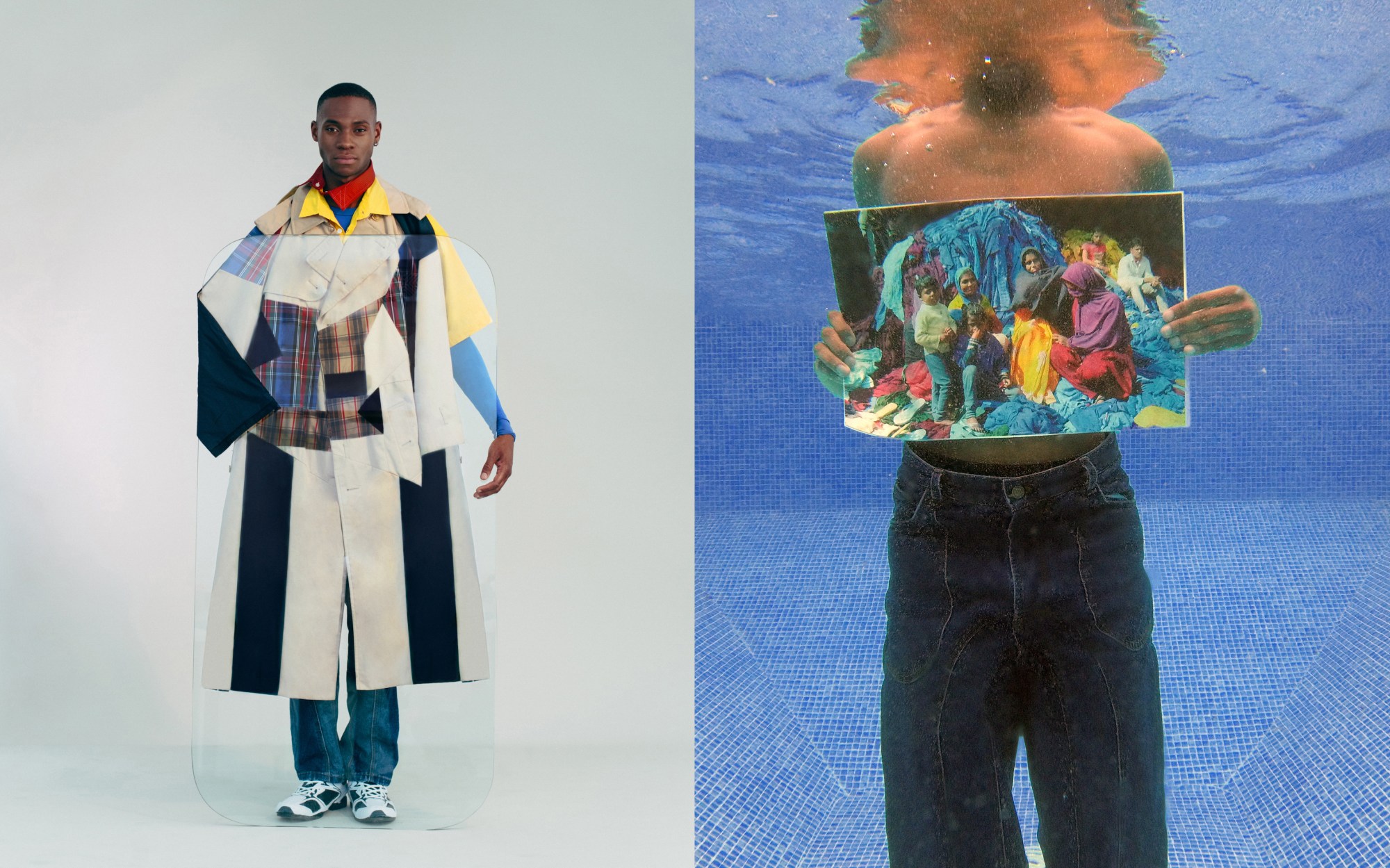Recent Westminster MA-graduate Priya Ahluwalia is part of a new generation of fashion talent intent on changing the fashion industry from the inside out by pioneering a sustainable approach to making clothes. Building on her acclaimed graduate collection of upcycled collaged menswear that repurposed secondhand garments and continuing the conversations inspired by her photography research book, Sweet Lassi, the London-based designer has launched her own label to change how we consume, and dispose of, fashion.
After witnessing the extent of fashion’s waste problem firsthand on a family trip to Lagos, the London-based designer began to investigate the life of secondhand garments. As she explored her own dual Indian-Nigerian heritage, her research took her to Panipat, a city 90km north of Delhi, to photograph the global garment recycling capital of the world. “It was a real eye-opener to see how much waste we all produce and how much we overbuy and dispose of,” Priya explained when we last spoke. This eye-opener inspired her final year collection and the limited-edition, sustainably-produced book Sweet Lassi. Viewed together they created much-needed visibility around the urgent issue of overconsumption in the clothing industry. “It is hard to think of an absolute solution without saying that all new production of clothes should just stop altogether,” Priya noted. “We need to turn fashion’s waste back into clothes.” Ahluwalia Studio aims to do just that, and after she kickstarted long overdue industry conversations, she has launched a label that sources materials responsibly to create new patchworked pieces out of charity shop donations.
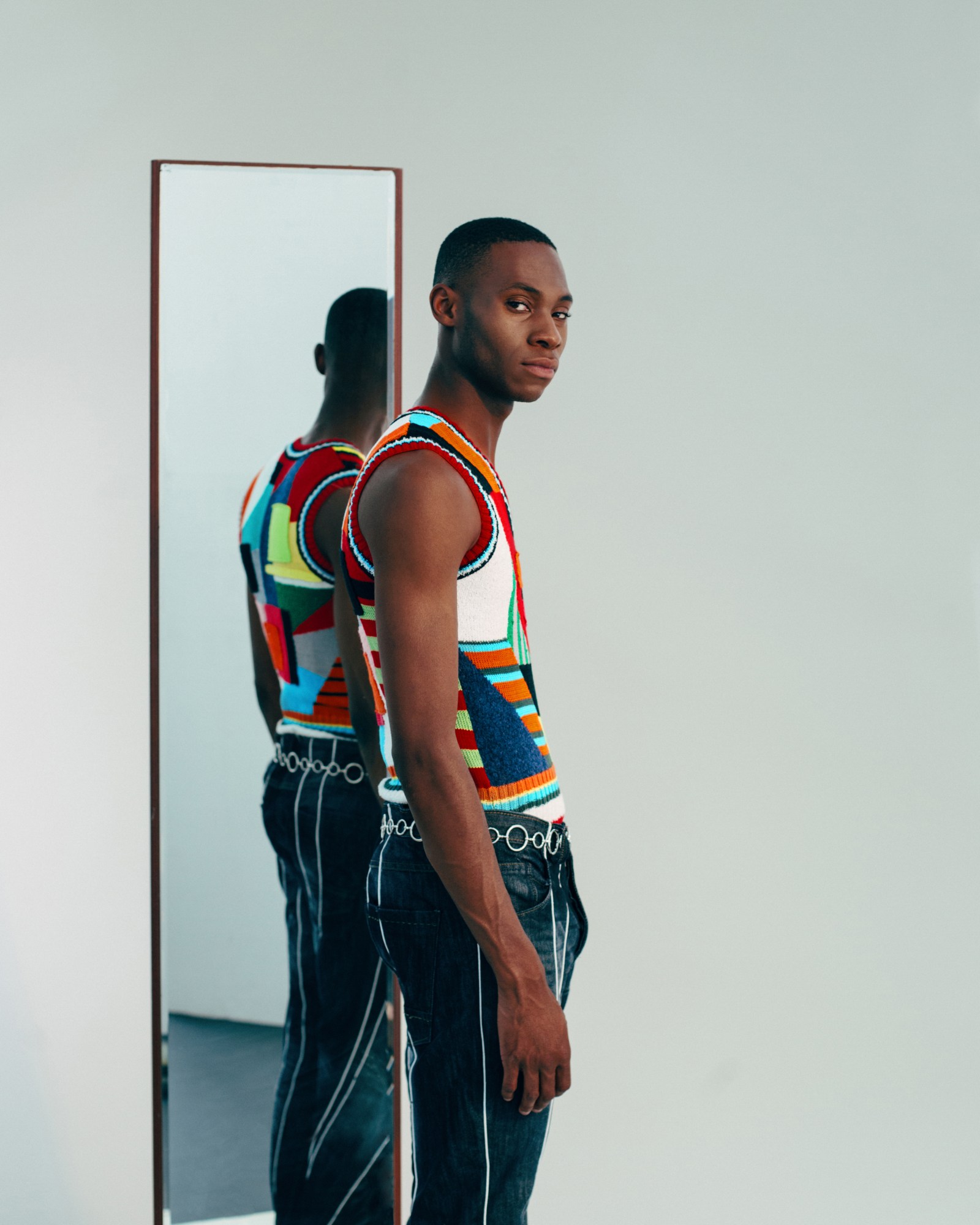
“As I was finishing my masters I was looking to the future and knew that I wanted to develop the collection into something more,” Priya explains over email as we share her spring/summer 19 lookbook. “The reaction to my collection and the book just helped me to confirm that I was onto something. I feel like I’m just at the beginning of this exploration and I still have a lot more to say.” While Sweet Lassi entwined her collection with the piles of discarded garments, the lookbook focuses our attention onto her cut, pasted and repurposed menswear. “I wanted to experiment with peeling back the collection and showing it in a more simplistic form,” Priya says.
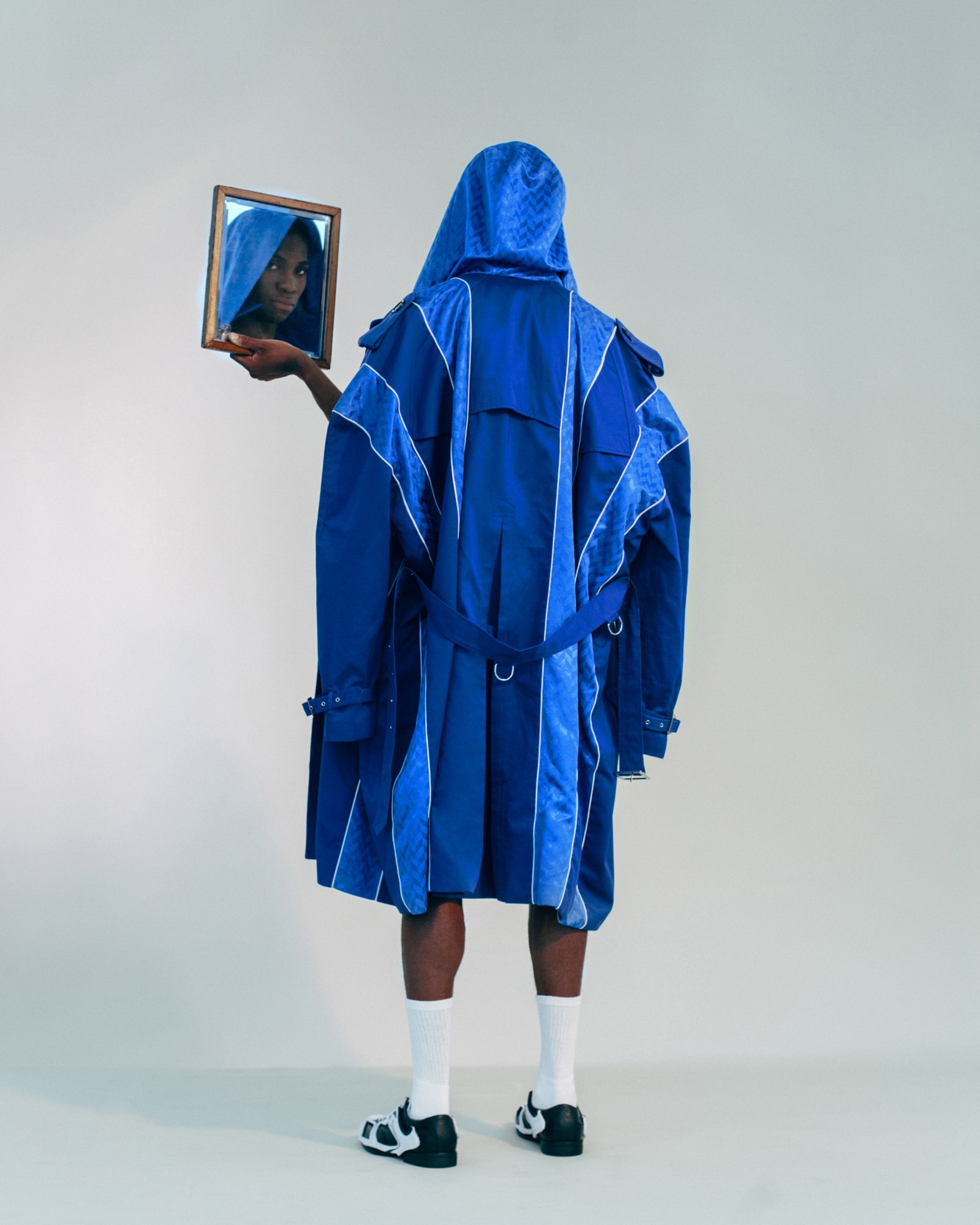
“The lookbook, which was shot by Allessandro Raimondo, has a ‘dreamy’ feeling to it which works in contrast to the collection’s starting point of this brutal contemporary issue, overconsumption and fashion waste,” she continues. Working alongside Riccardo Maria Chiacchio, Priya’s stylist, the team created a fresh and playful lookbook that pushes the graphic elements of the collection and hints at the designer’s dual-heritage inspirations beyond issues of ethics and sustainability. “I wanted to use mirrors after looking at a photograph I took in India of a man riding a motorbike with a full-length mirror strapped to the back and visiting a mirrored palace in Jaipur.” Combining prop-filled studio images with underwater pool shots, the fun-filled lookbook challenges negative preconceptions around sustainable fashion. This is fashion that happens to be sustainable. This is the future.
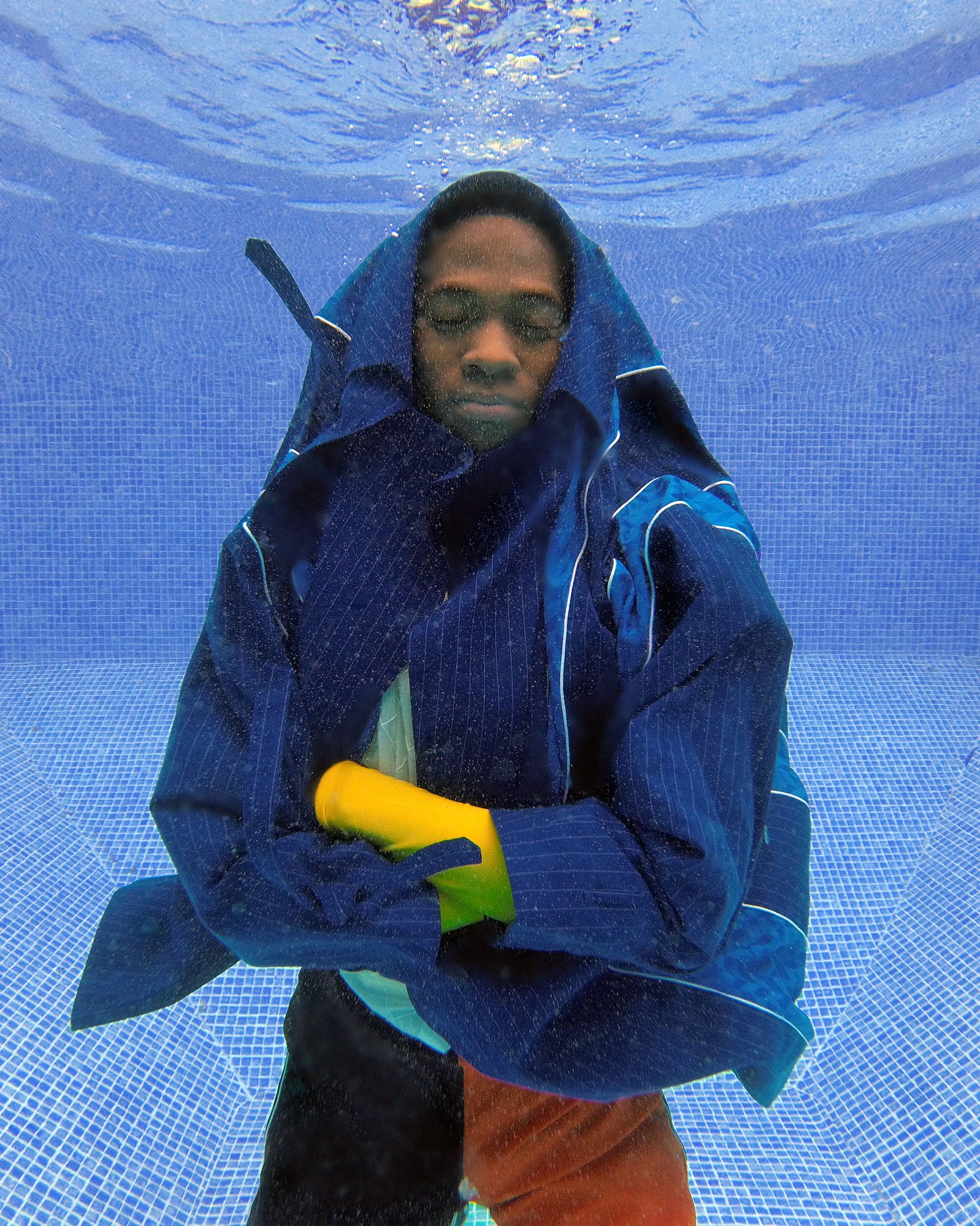
“I want to keep developing new and innovative ways to use industry waste,” she explains. “I’m continuing my research into the global clothing industry and will share my findings through exciting and engaging mediums. I hope the brand can collaborate with other like-minded organisations. Ultimately, I want people to buy my clothes knowing that they will last a lifetime and they have interesting story.” As the next wave of fashion students prepare to enter the classroom, they should follow Priya Ahluwalia’s lead. “It’s important to allow yourself to be questioned and to question yourself throughout your education and beyond,” she advises. “There will be difficult moments and creative blocks but if you are committed to overcoming them you will, and you will surprise yourself.” As fellow Westminster fashion graduate Paolo Carzana proposed in his discussion around sustainability with Sarah Mower in i-D’s The Earthwise Issue: “Imagine we could be the ones to change it all.” Join the next generation of designers in questioning how we create, in challenging how we produce and consume, and in changing fashion’s future.
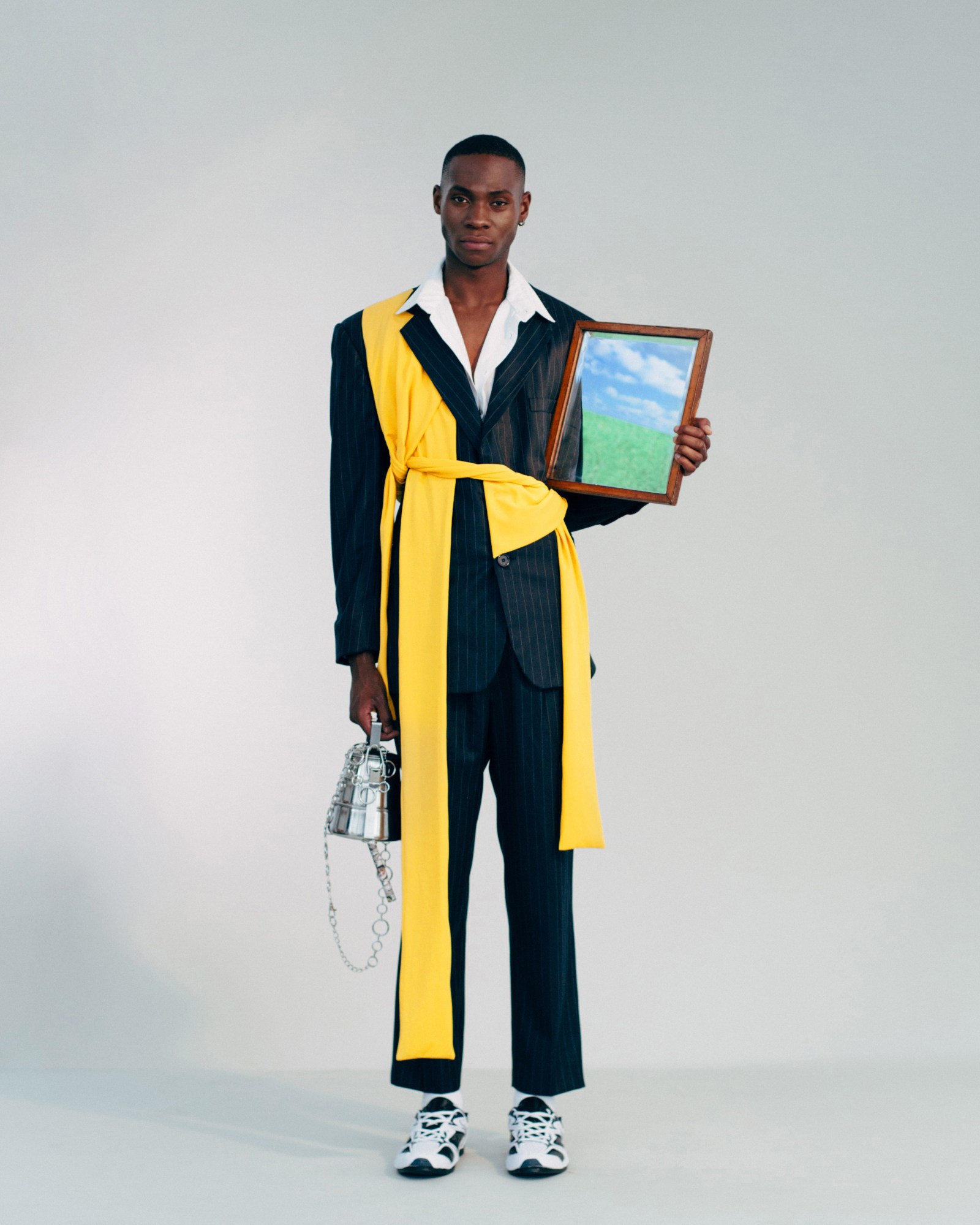

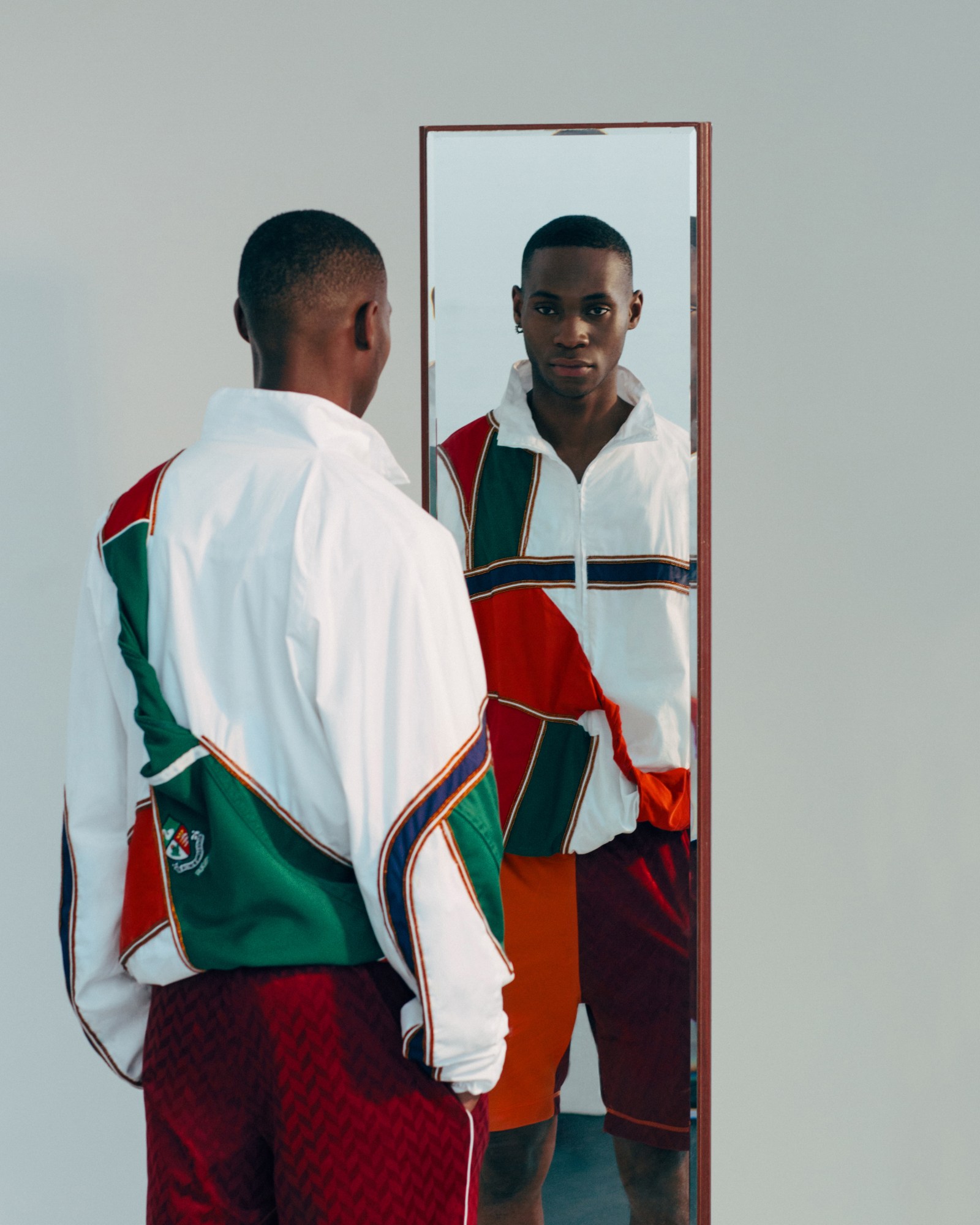

Sweet Lassi is available to buy at London’s Machine-A, Claire De Rouen and Good News Soho. Limited to 100 copies.
